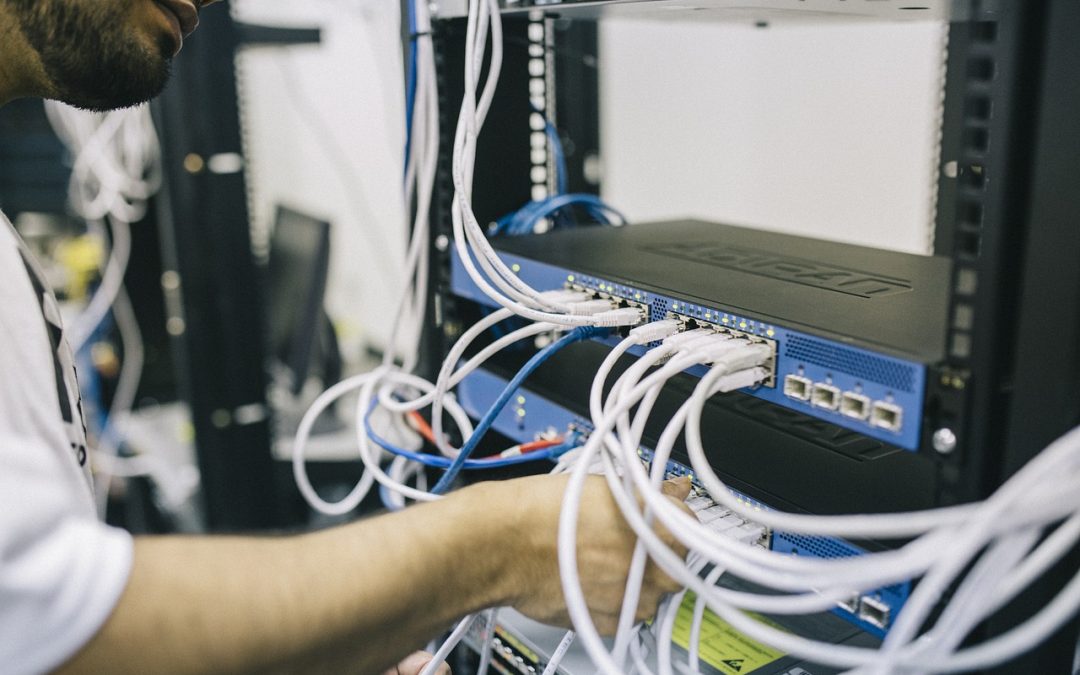South Africa, a nation known for its diverse cultures, breathtaking landscapes, and rich history, is rapidly advancing in the technological arena. One of the most notable advancements is the proliferation of the fibre network throughout the country. But what exactly is this network, and why is it such a pivotal development for South Africans?
What is a fibre network?
A fibre network refers to a web of fibre optic cables, which are strands of glass or plastic that transmit data using light pulses. Unlike traditional copper cables, fibre optics can carry vast amounts of data over long distances with minimal loss in signal strength, and much faster than traditional cables. This ability makes them an ideal solution for modern, high-speed internet demands.
Components of a fibre network
There are numerous components to a large fibre network, with many having more components than others. However, a typical fibre network is comprised of the following components:
- Fibre optic cables: The backbone that carries data across distances.
- Repeaters: Devices that boost and amplify the signal, especially over long distances.
- Switches and routers: Devices that direct data to specific destinations.
- Termination points: Endpoints where data is received, such as homes or businesses.
- Distribution hubs: Centralized locations that distribute data to multiple end-points.
Fibre Networks in South Africa
South Africa has witnessed a surge in fibre network deployments in recent years, with major urban areas and business hubs being prioritized. Cities like Johannesburg, Cape Town, Durban, and Pretoria have extensive fibre coverage, and there are ambitious plans to expand this connectivity to more rural areas in the country.
Who owns the fibre network in South Africa?
Several companies are involved in laying and maintaining the fibre infrastructure in the country. While some are large-scale players with a national presence, others cater to specific regions or communities.
What is fibre internet in South Africa?
fibre internet in South Africa refers to broadband services provided through fibre optic cables, offering super-fast, reliable, and high-quality internet access. It has become a preferred choice for many South Africans due to its superior speed and consistency compared to traditional broadband methods.
How to connect to a fibre network
To connect to a fibre network in South Africa:
- Check Availability: Firstly, ascertain if your location has fibre coverage using tools on ISPs’ websites.
- Choose an ISP: Based on coverage, packages, and customer reviews, select an Internet Service Provider.
- Plan Selection: Depending on your usage needs, select an appropriate fibre plan.
- Installation: Once you’ve subscribed, the ISP will set up the necessary equipment at your premises.
- Go Live: After the setup, your premises will be fibre-connected, offering you lightning-fast internet.
Is fibre better than WIFI?
fibre and WIFI are distinct but complementary technologies. fibre delivers high-speed internet to a building or residence using fibre optic cables, offering unparalleled speeds and stability. WIFI, in contrast, is a wireless method of distributing this internet within the premises. While fibre provides a stable and fast internet backbone, WIFI’s quality can depend on factors like distance, interference, and router quality.
Who is the best fibre provider in South Africa?
The “best” fibre provider can be subjective and depends on individual requirements, location, and personal experiences. However, Express Connect, among other notable ISPs, has established a reputation for delivering reliable and high-speed fibre services in various parts of South Africa.
Conclusion
South Africa’s fibre network is more than just infrastructure; it’s a leap towards a more connected, informed, and digitally empowered nation. Whether you’re a business owner, a student, or just someone looking to enjoy seamless streaming, understanding and leveraging the fibre network is key to unlocking an unparalleled digital experience.
